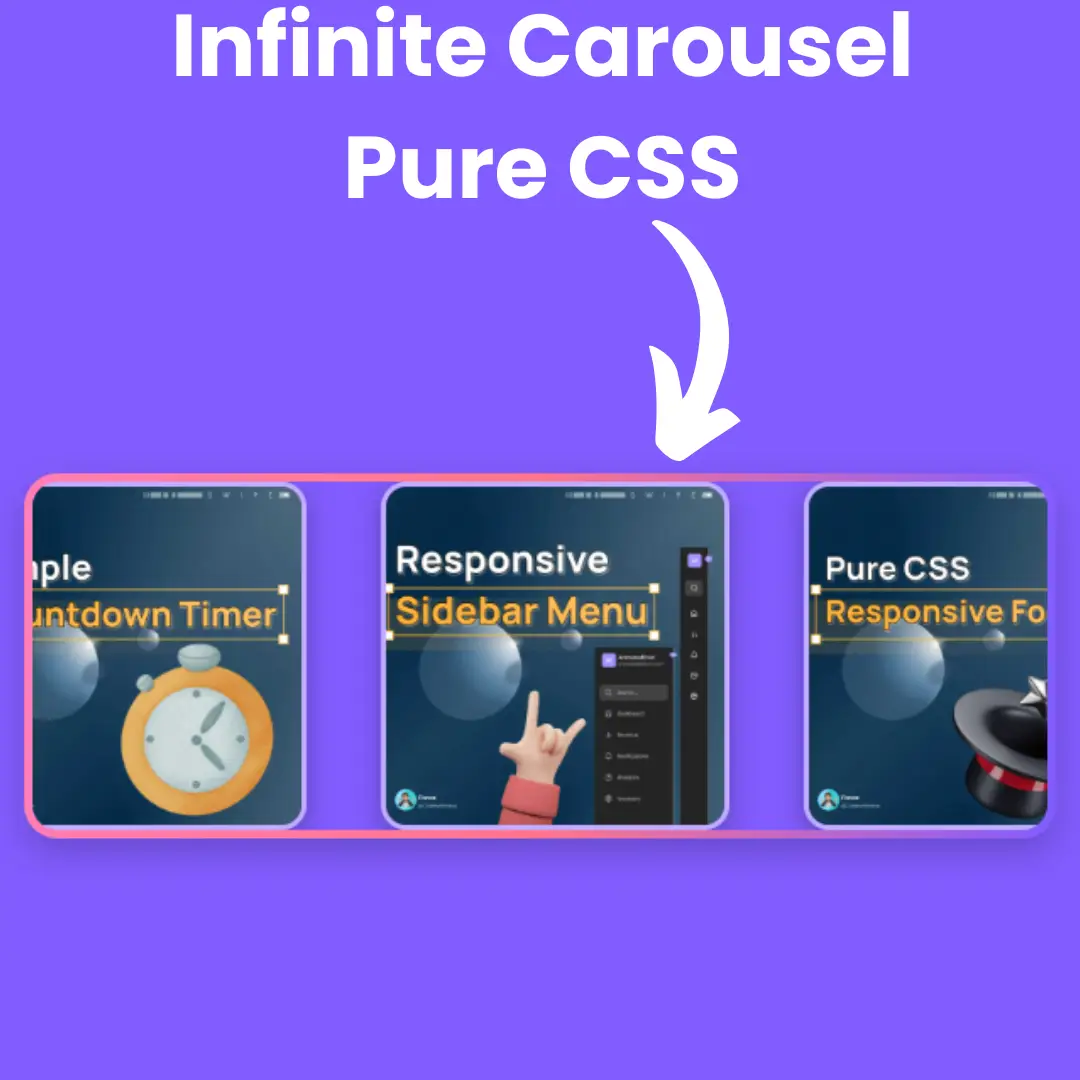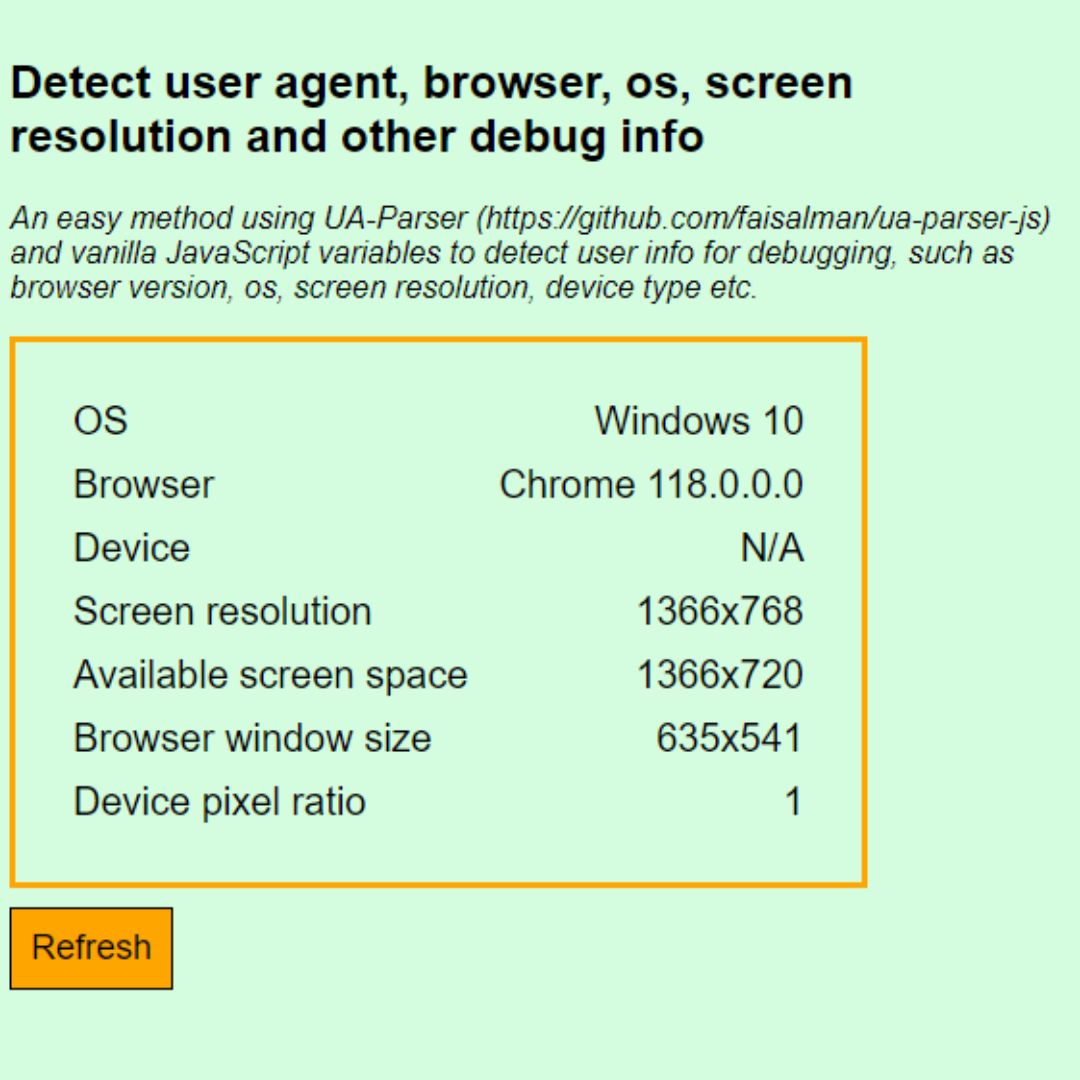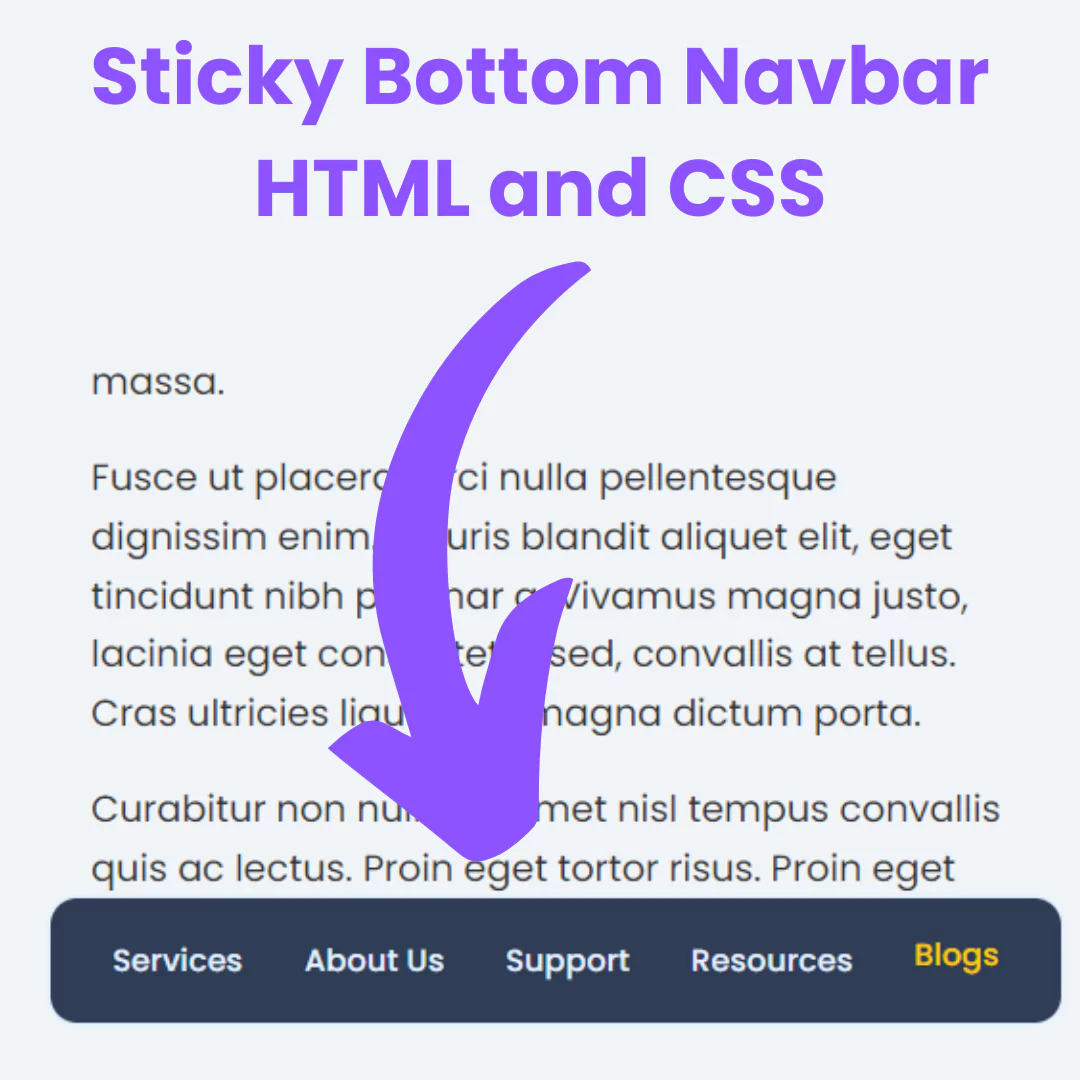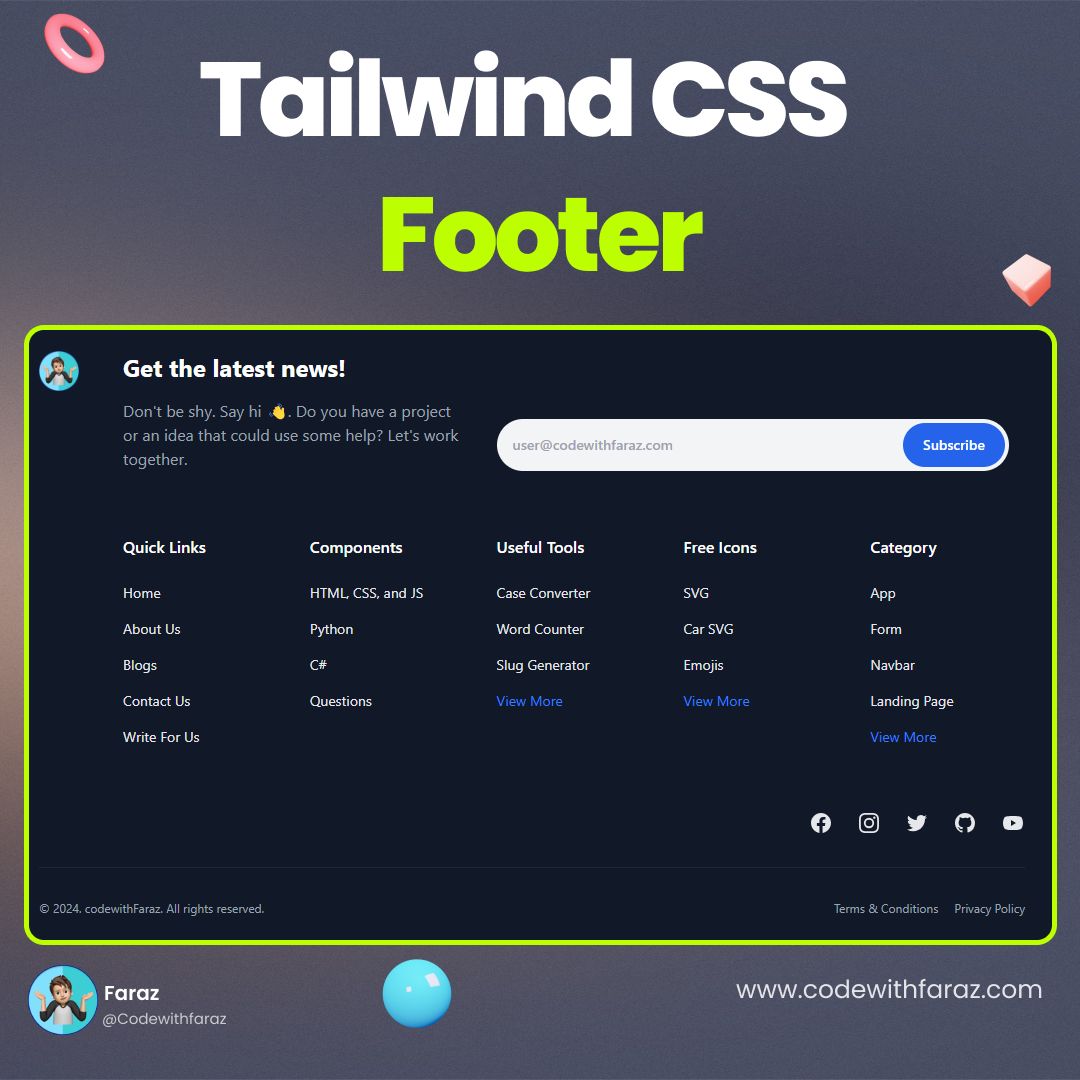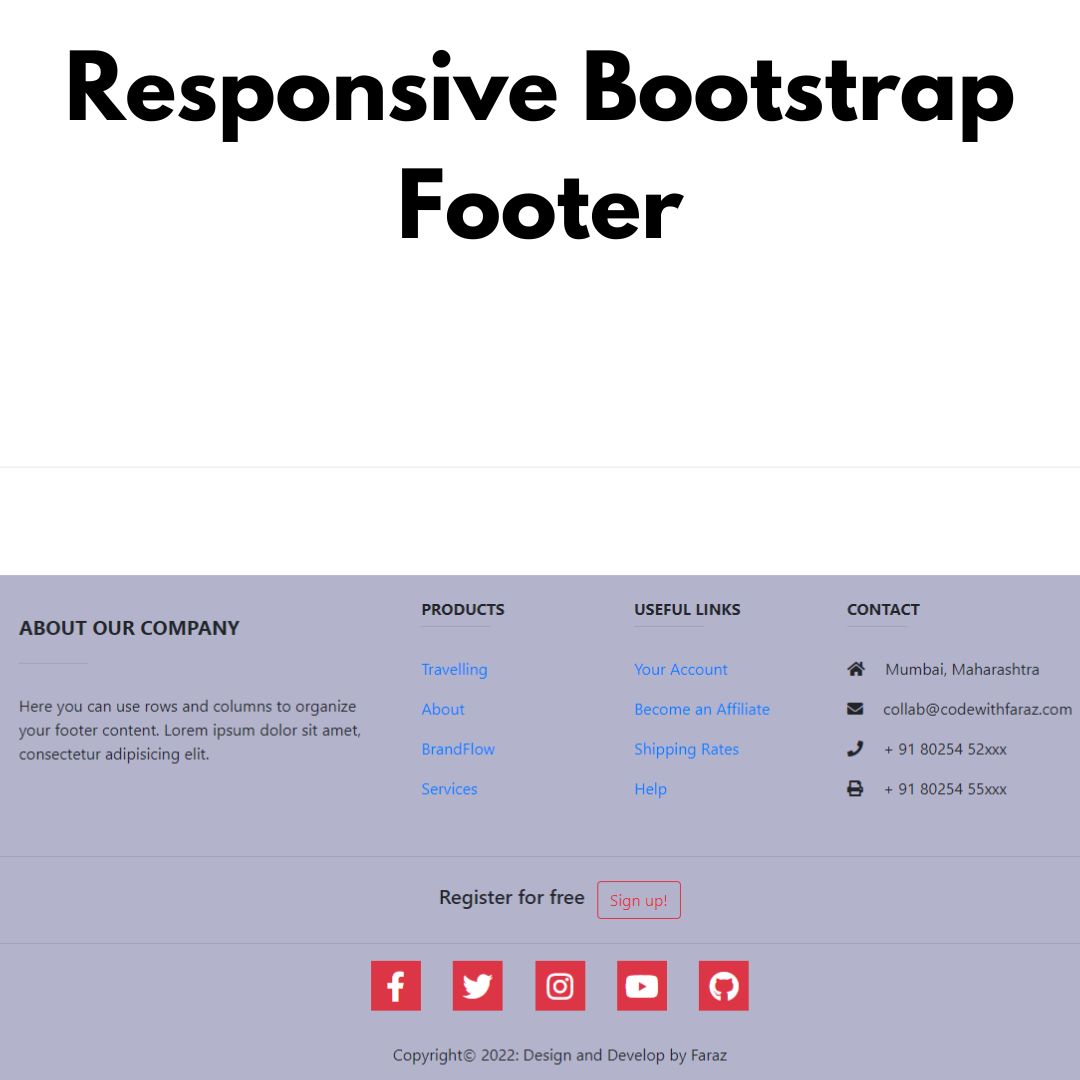The Symfony framework is an open-source PHP web application framework that allows you to quickly develop robust, scalable and highly efficient applications. If you are an experienced developer or if you are just starting out as a developer, then this article is for you!

Symfony is a popular PHP framework used by millions of developers all over the world. It's packed with features, can be easily customized, and provides a high level of security.
If you're looking for a robust and well-organized platform to build your next web application, Symfony is the right choice. In this article, we'll give you an overview of what Symfony is, why you should use it, and some of its features.
What is Symfony Framework?
Symfony is an open source framework for developing web applications. Symfony was created in 2005 by Fabien Potencier, who is now the project's lead developer. Symfony has a modular architecture, which makes it easy to customize and extend. Symfony also features a well-defined object-oriented layer and a message broker for communication between components.
Symfony is used by many large web organizations, including Facebook, Google, and LinkedIn. The Symfony Framework provides a robust foundation for creating web applications, but it can be easily customized to fit your specific needs.
Symfony has several key features that make it a powerful tool for web developers:
- Symfony provides a comprehensive set of components that allow developers to build more complex and scalable applications quickly.
- Symfony also offers an extensible architecture, which makes it easy to add new features or customize existing ones.
- The code base is well organized, making it easy for developers to find and use the functionality they need.
Pros and Cons of using a Symfony framework
Pros of using Symfony:
- Symfony is well-maintained and has a large community of contributors.
- Symfony is flexible and provides many options for customization.
- Symfony provides several built-in security features, such as authentication and authorization.
- Symfony can be used in a variety of industries, such as ecommerce, finance, or public administration.
Cons of using Symfony:
- Symfony can be complex to use, and may require some familiarity with PHP programming.
- Some features of Symfony may not be necessary for certain projects.
Why Should You Use Symfony Framework?
Here are five reasons why you should use Symfony:
- Symfony is versatile: It's geared towards developing complex, scalable web applications, but it's also suitable for simpler projects.
- Symfony is easy to use: You don't need any prior experience with PHP or web development to get started with Symfony.
- Symfony is secure: It features robust security features, such as two-factor authentication and file encryption.
- Symfony is affordable: The framework is free to use, making it a viable option for small businesses and start-ups.
- Symfony’s MVC Framework: Symfony provides a powerful MVC framework that enables developers to create sophisticated web applications easily.
How to get started with Symfony Framework?
1) To get started with Symfony, you first need to install it on your computer. Install Symfony from the Symfony website and read the documentation from here.
2) Install the needed dependencies
3) Create a new project by using the Symfony command line tool
4) Add a MVC controller and create an index page
5) Configure the environment variables and deploy your application
Conclusion
When it comes to web development, there are a number of frameworks that you can choose from. However, I believe that the Symfony framework is one of the best options out there for businesses of all sizes. Symfony is known for its ease of use and scalability, meaning that it can be used by small businesses as well as large corporations. If you are looking for a powerful and versatile framework with which to build your website or application, then I recommend checking out the Symfony framework.
That’s a wrap!
Thank you for taking the time to read this article! I hope you found it informative and enjoyable. If you did, please consider sharing it with your friends and followers. Your support helps me continue creating content like this.
Stay updated with our latest content by signing up for our email newsletter! Be the first to know about new articles and exciting updates directly in your inbox. Don't miss out—subscribe today!
If you'd like to support my work directly, you can buy me a coffee . Your generosity is greatly appreciated and helps me keep bringing you high-quality articles.
Thanks!
Faraz 😊





